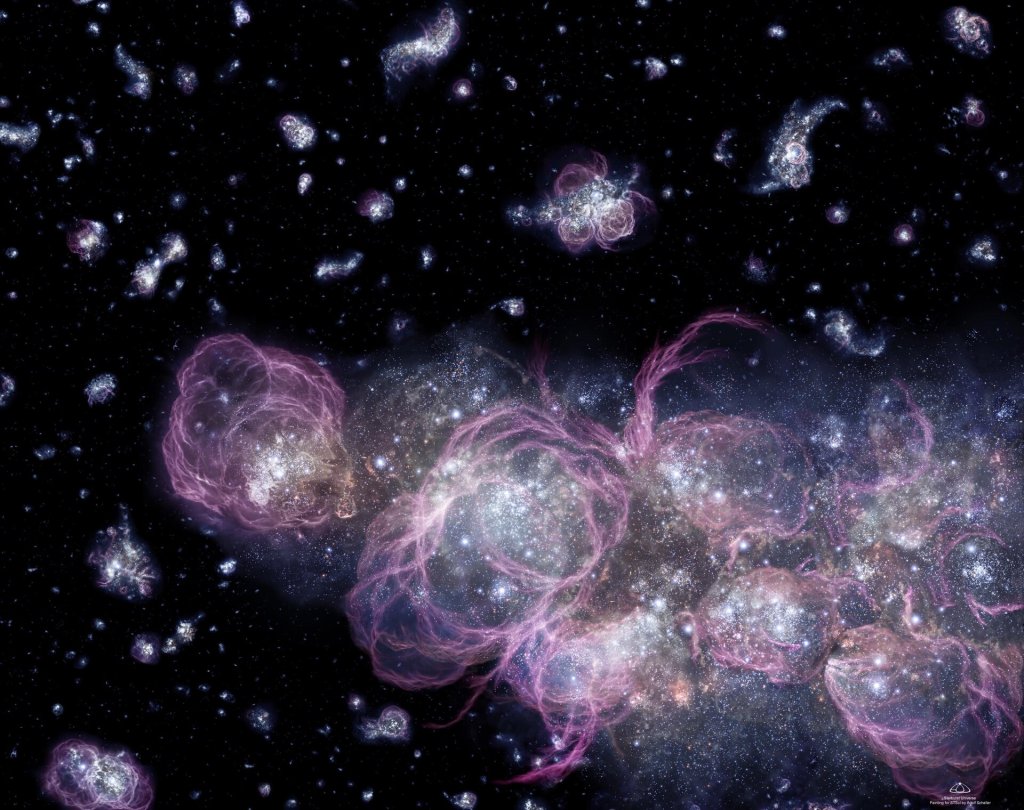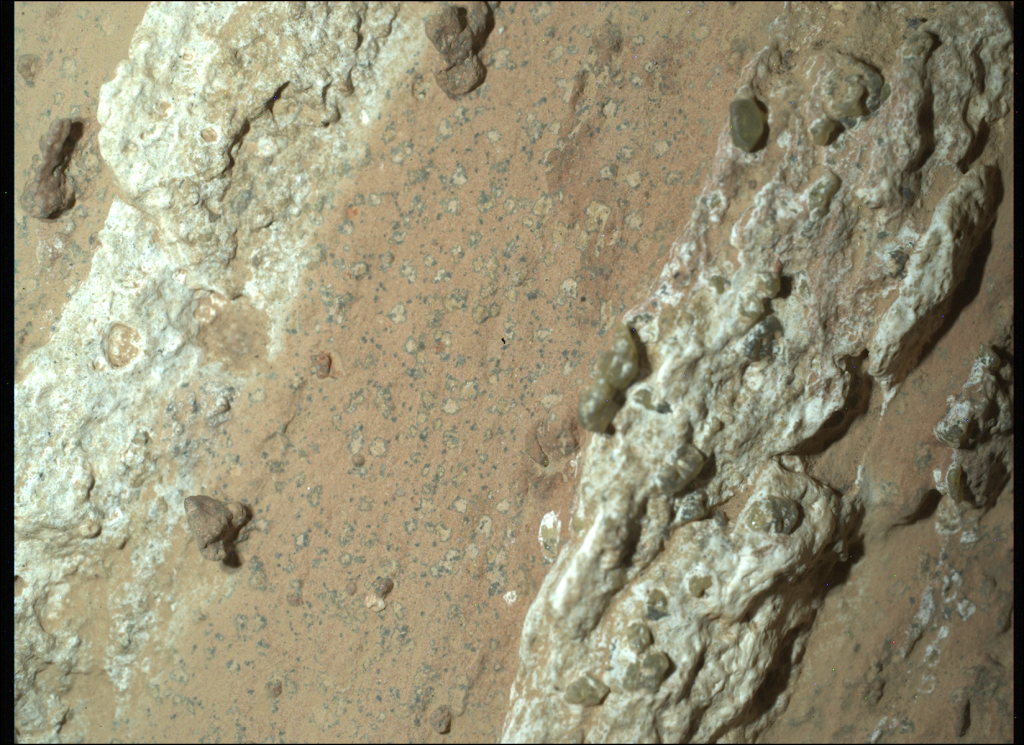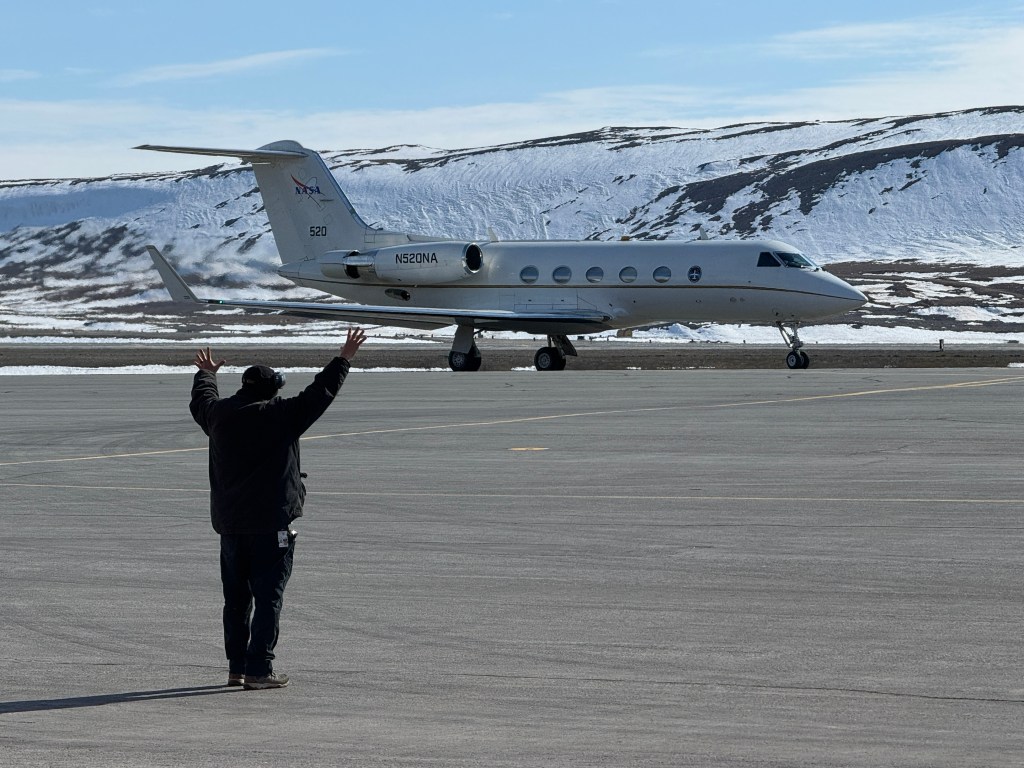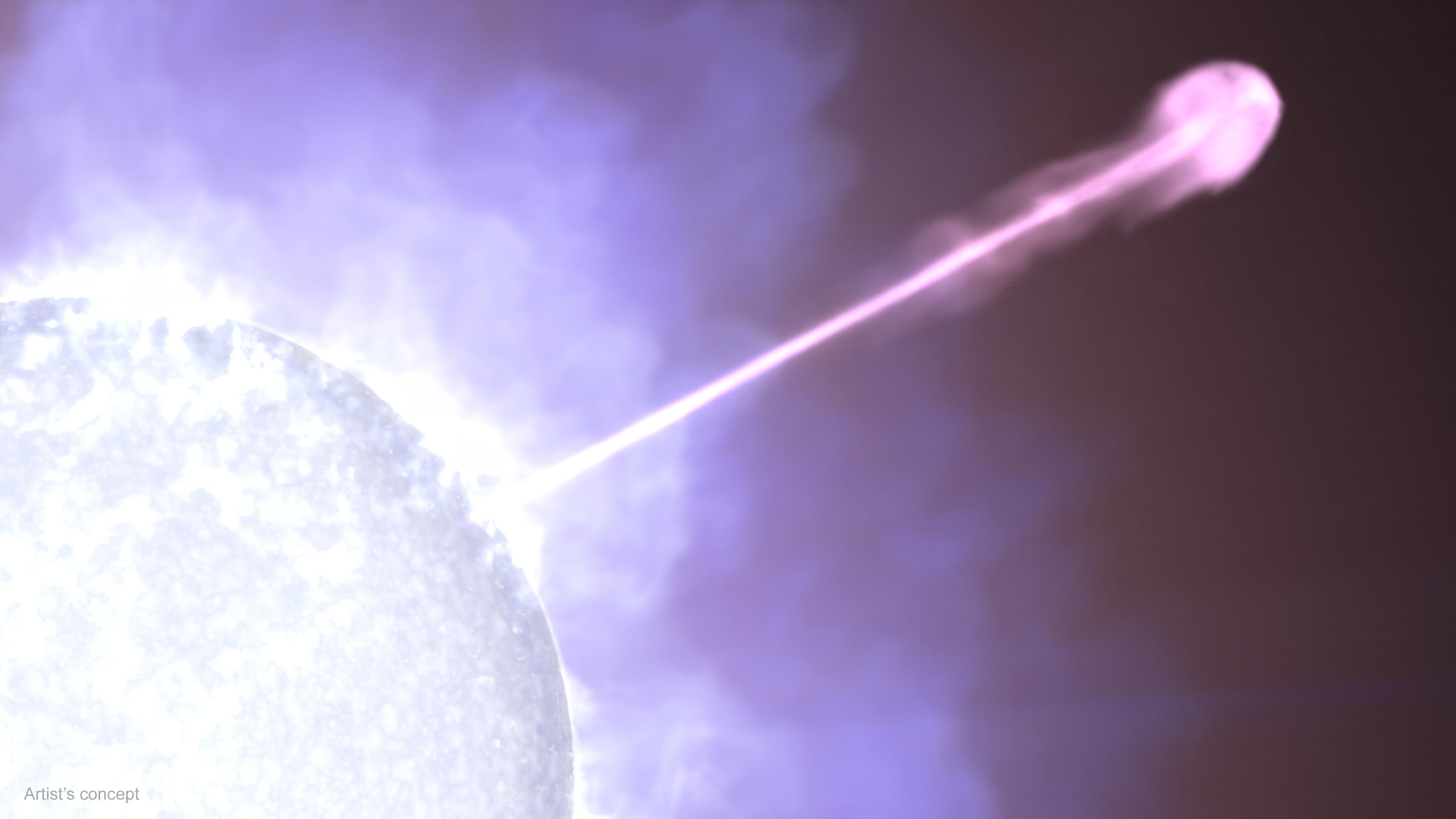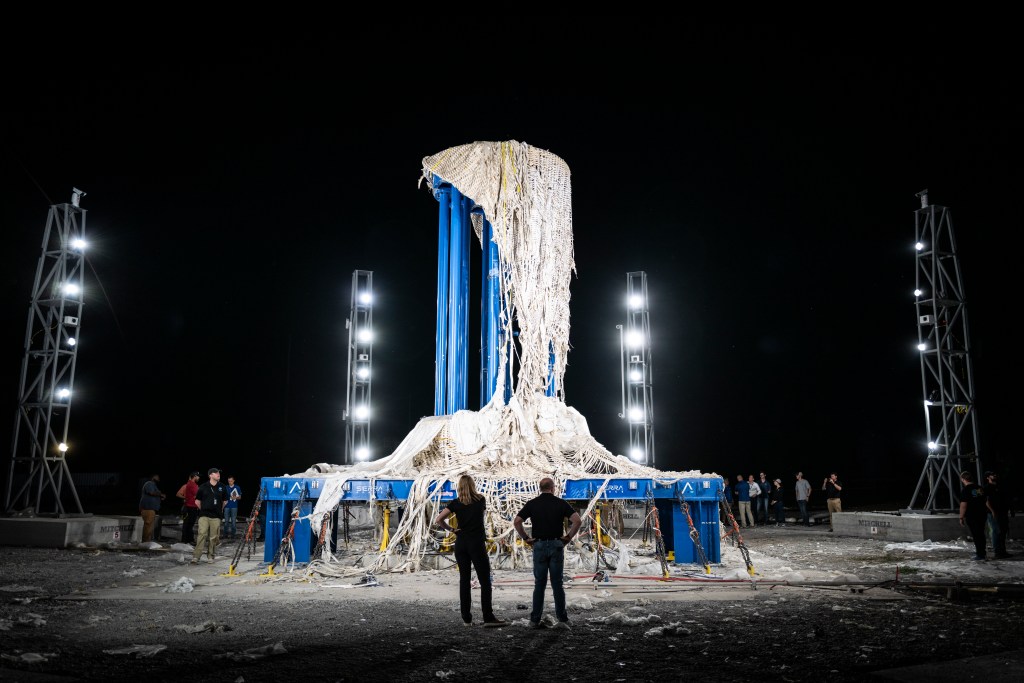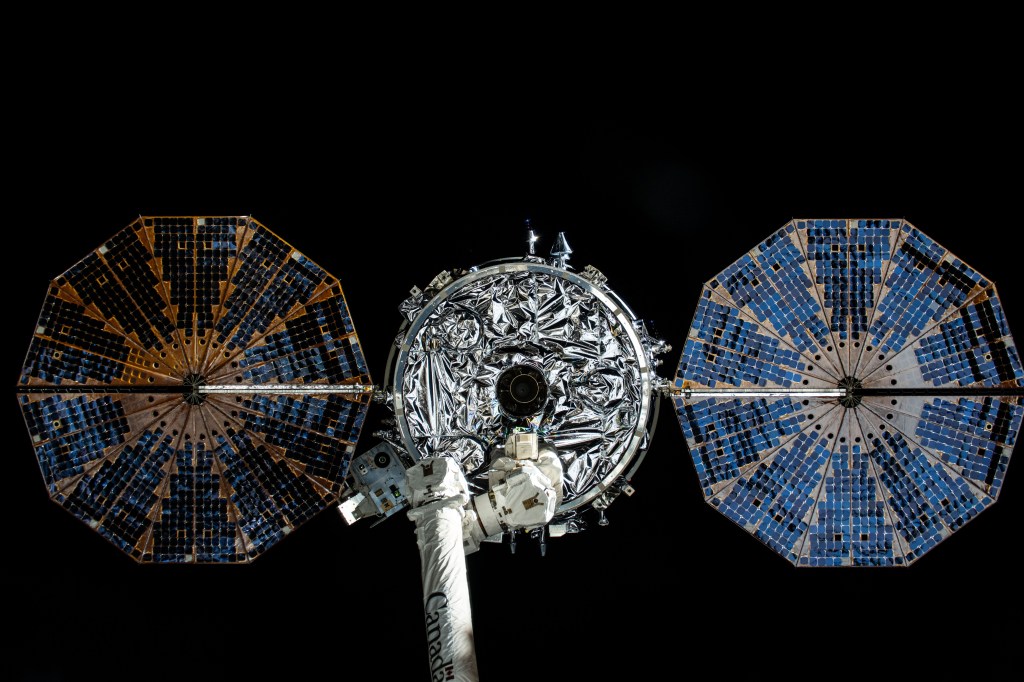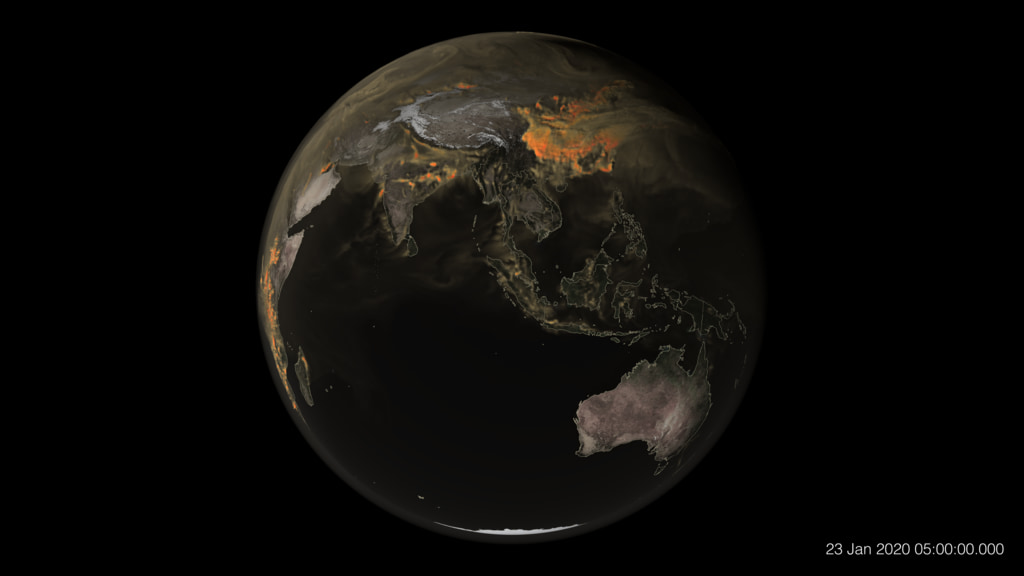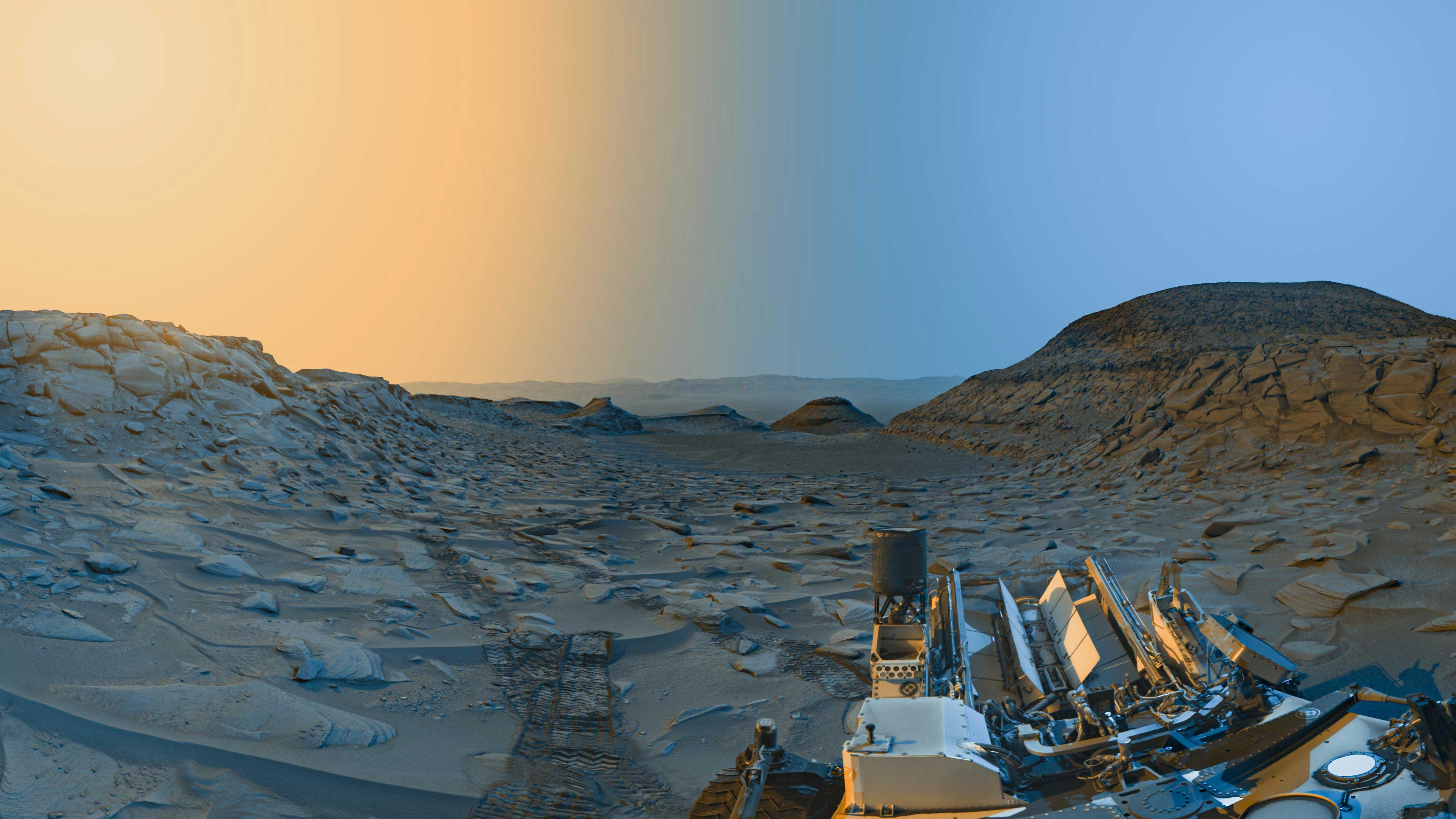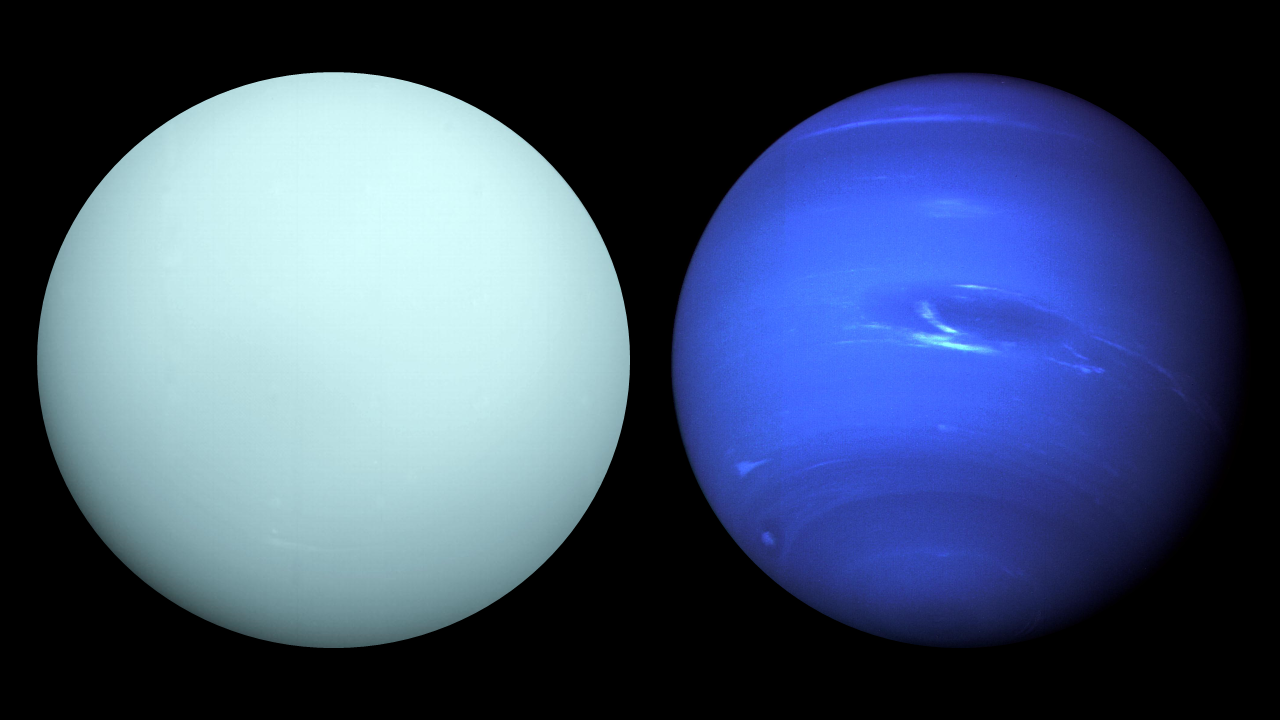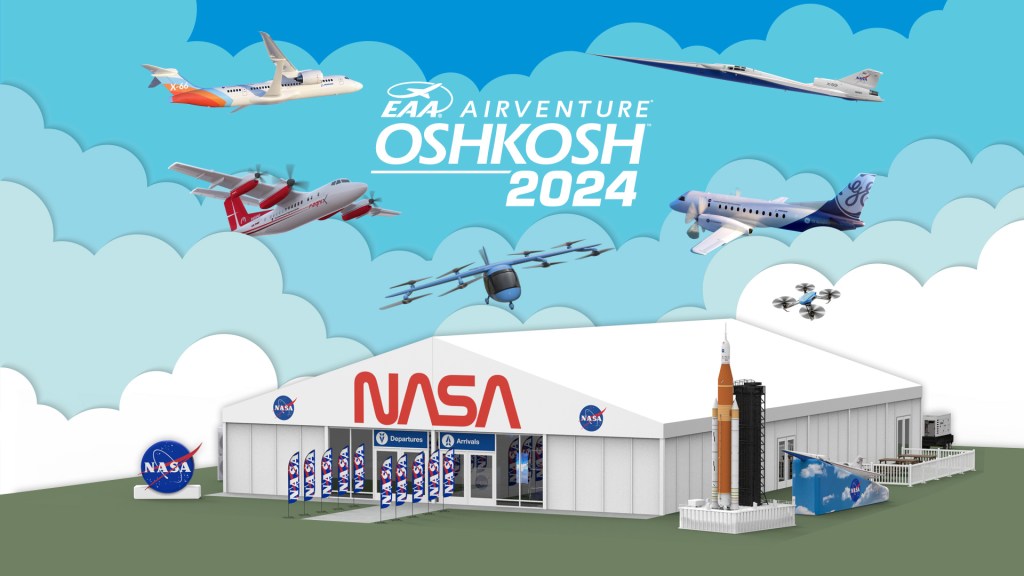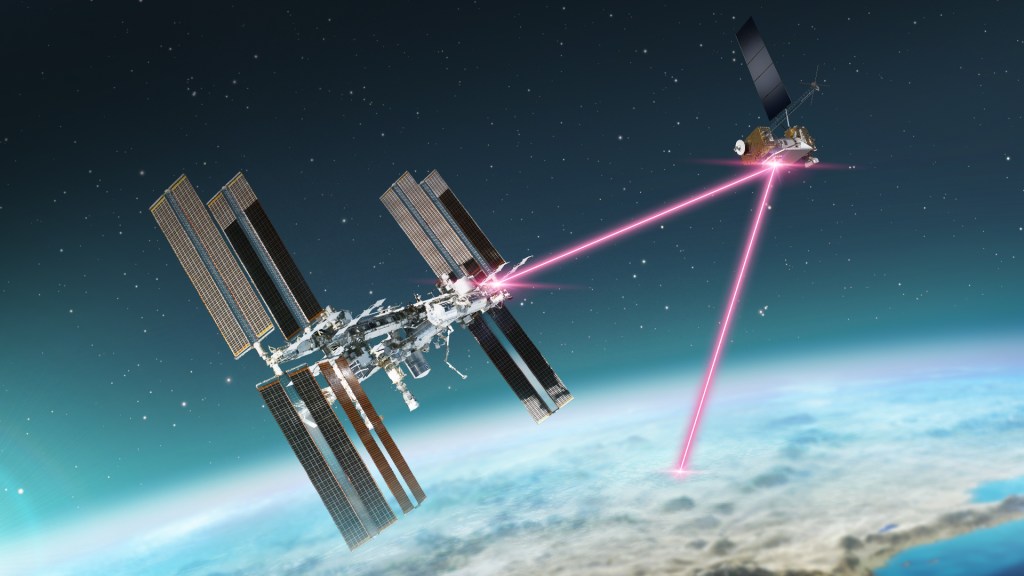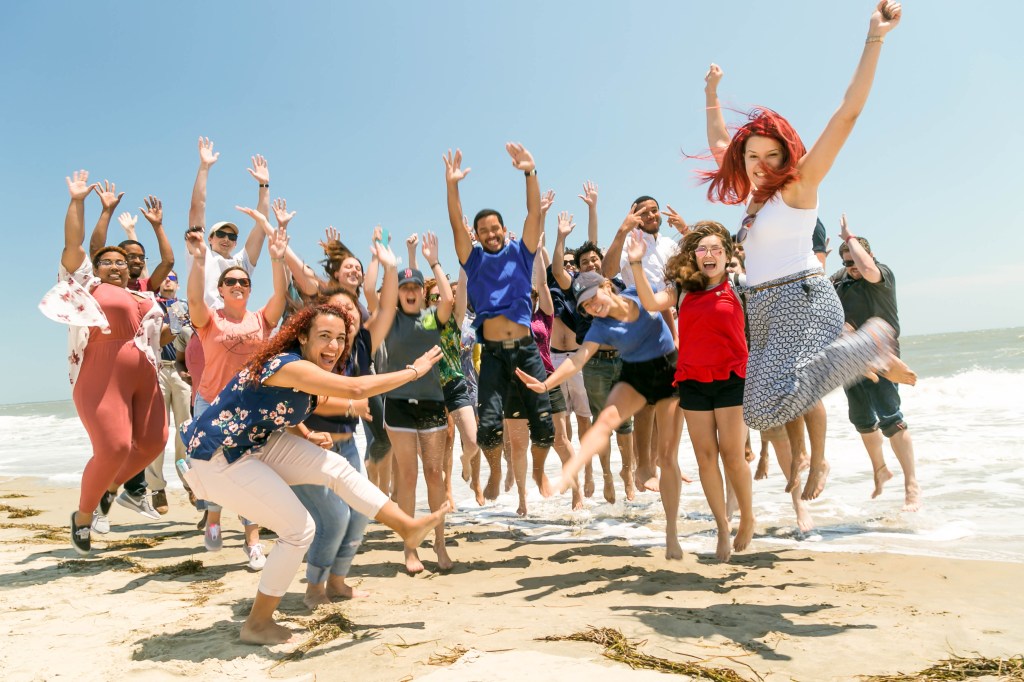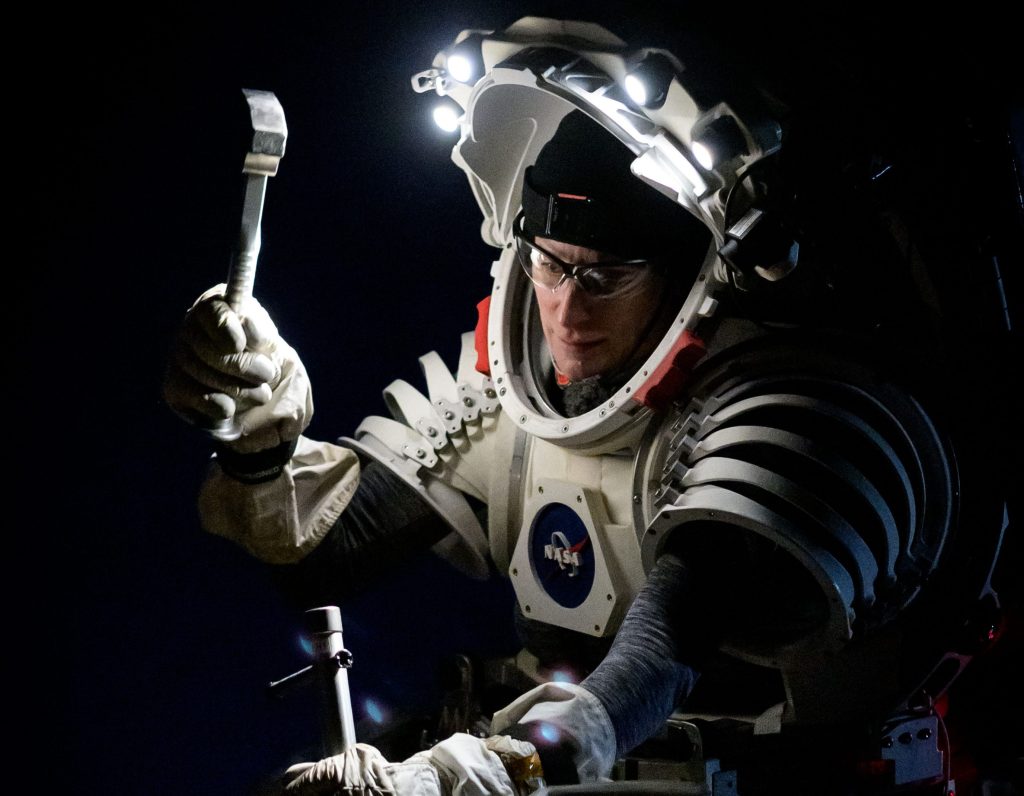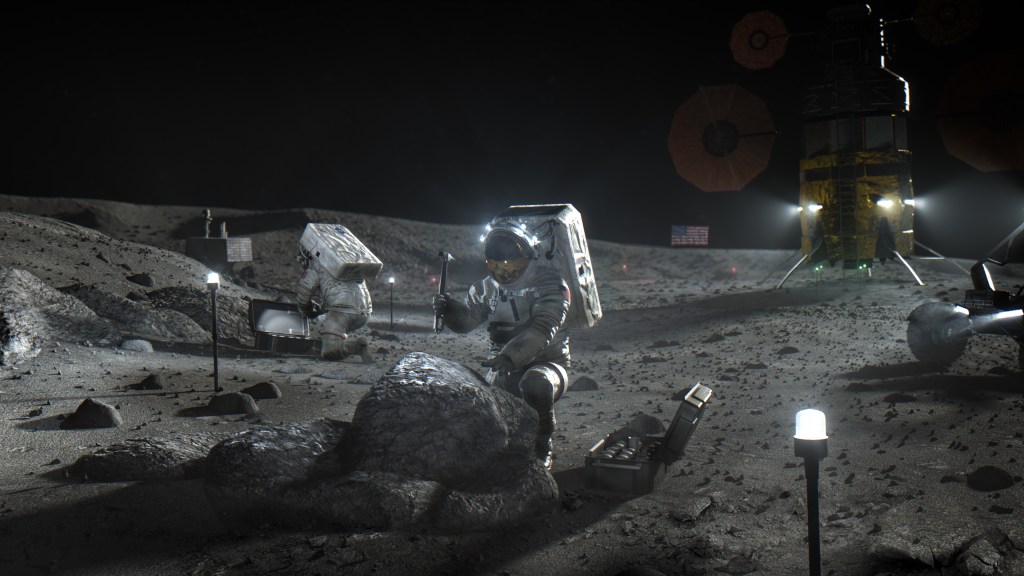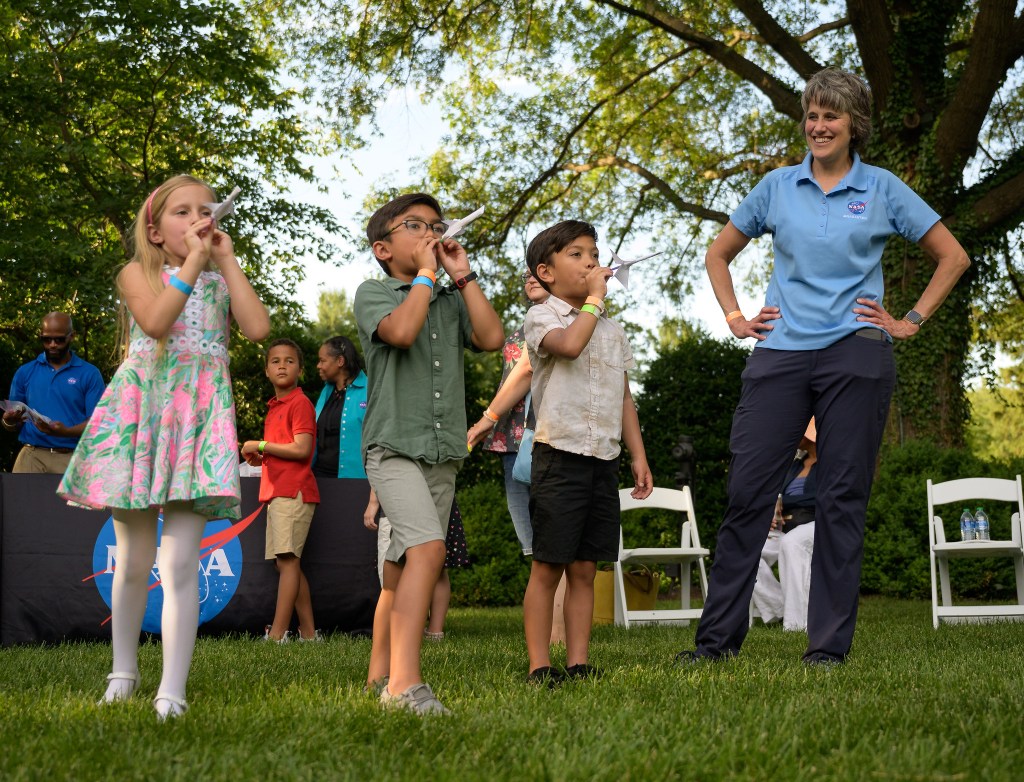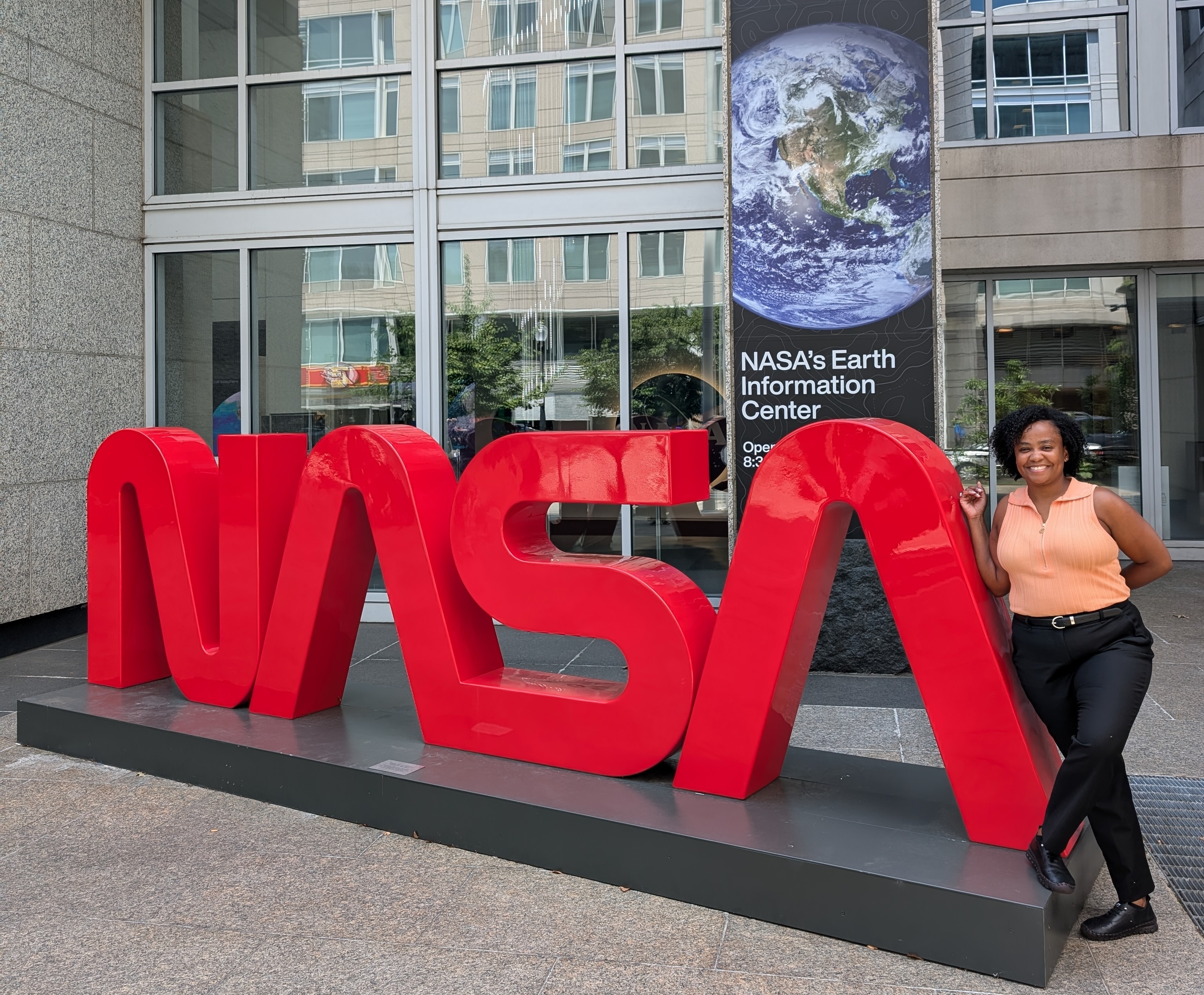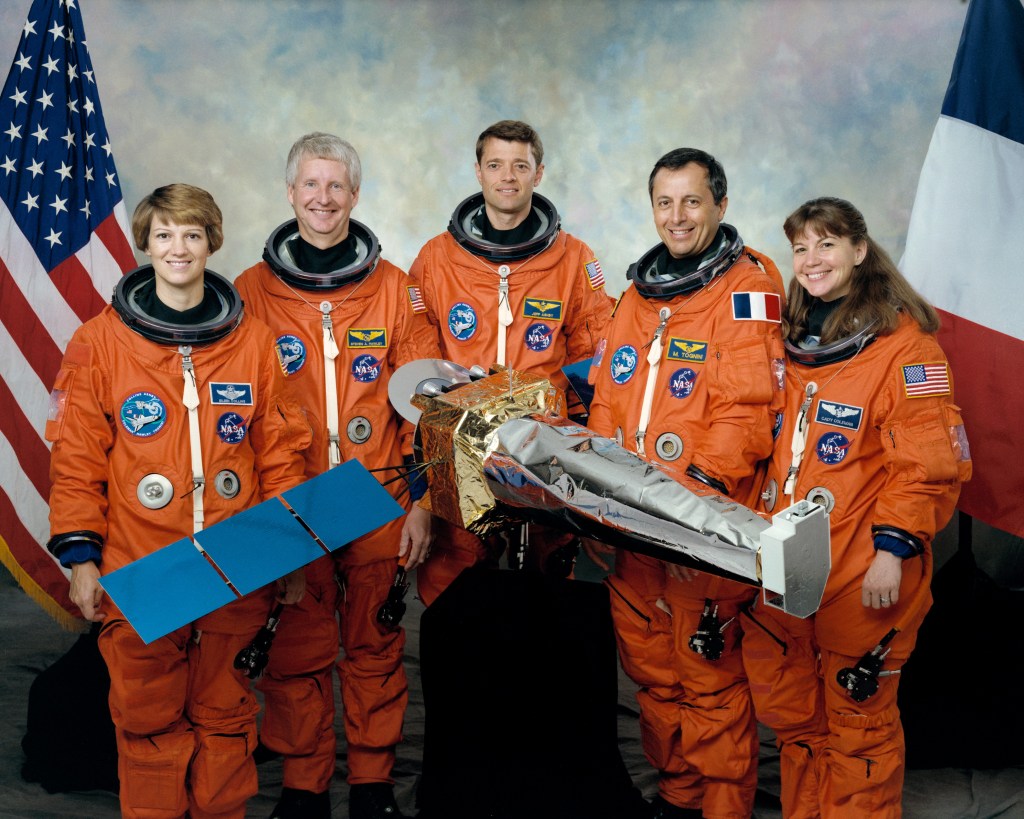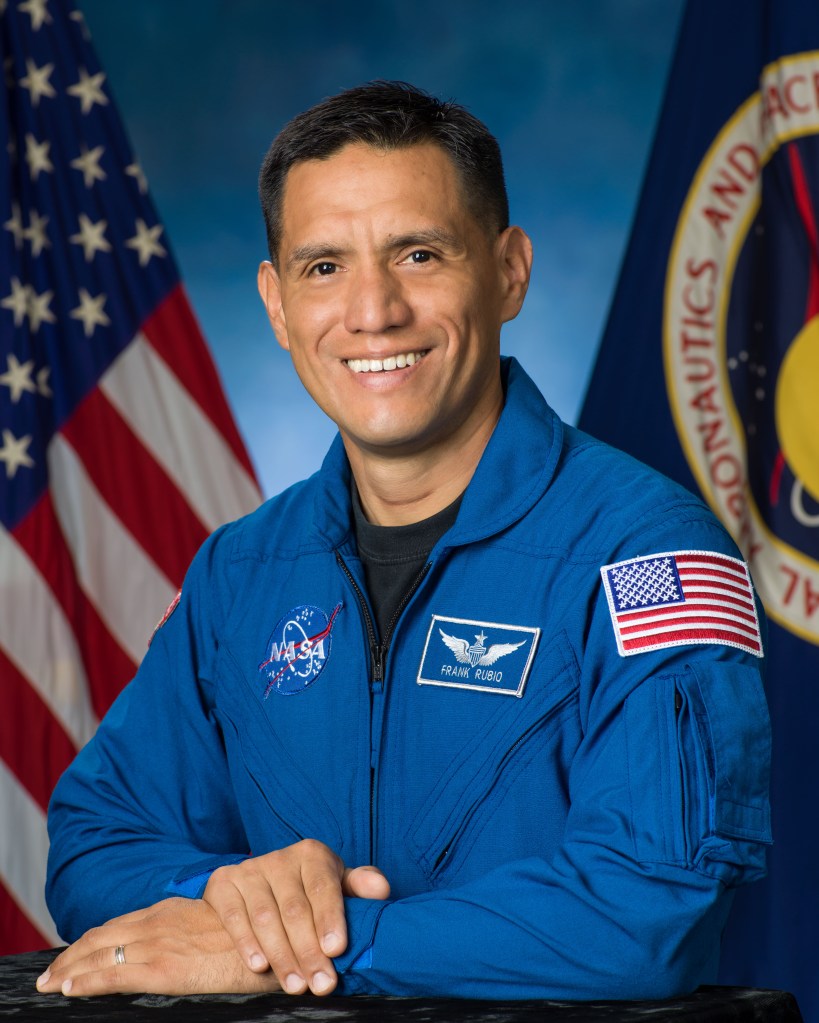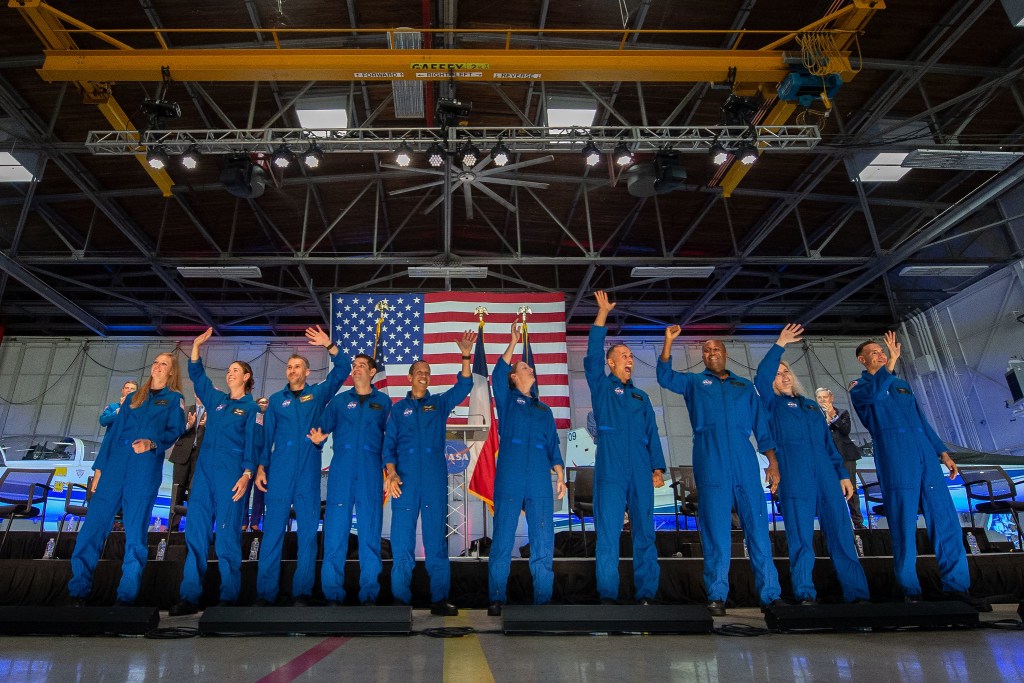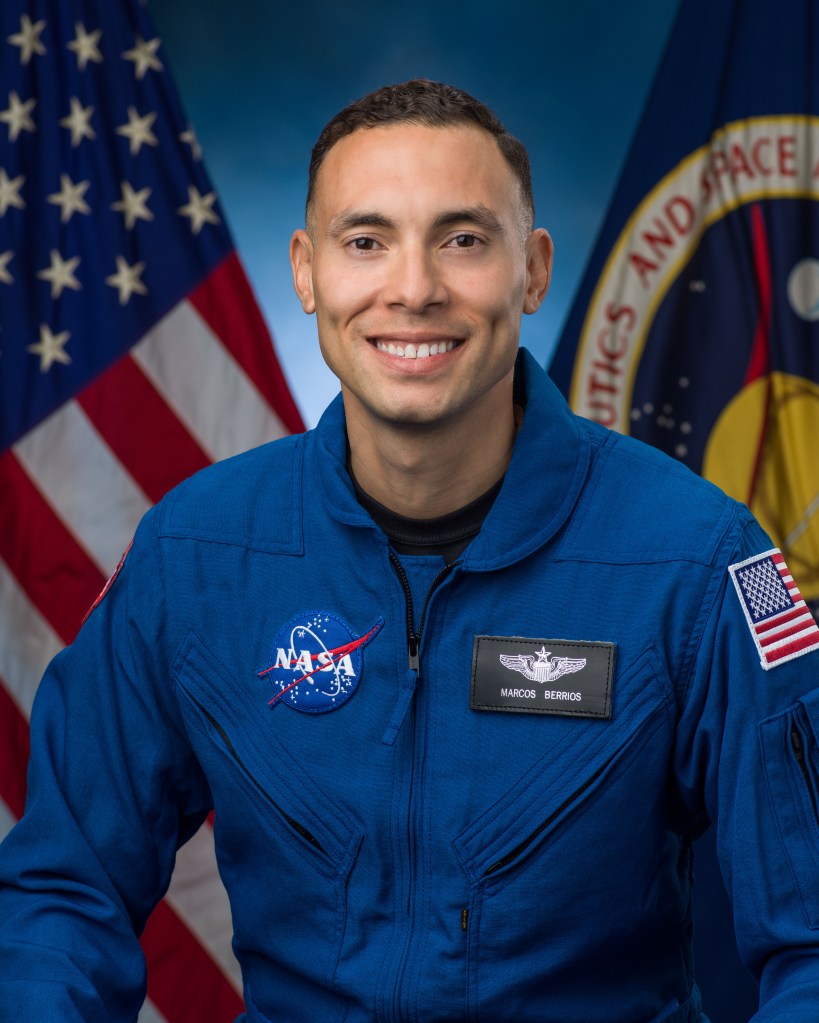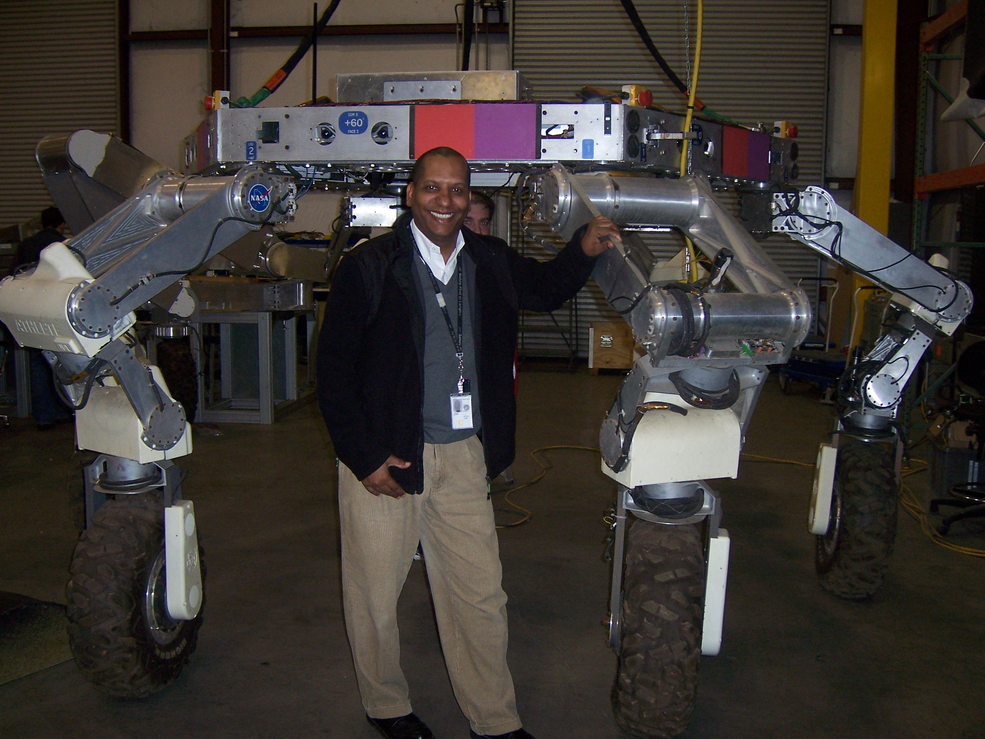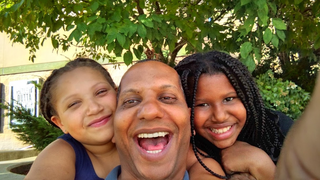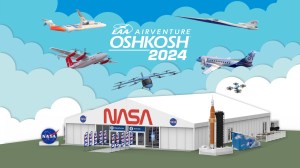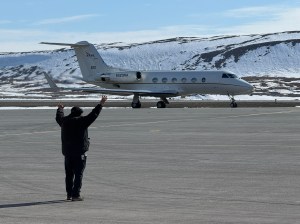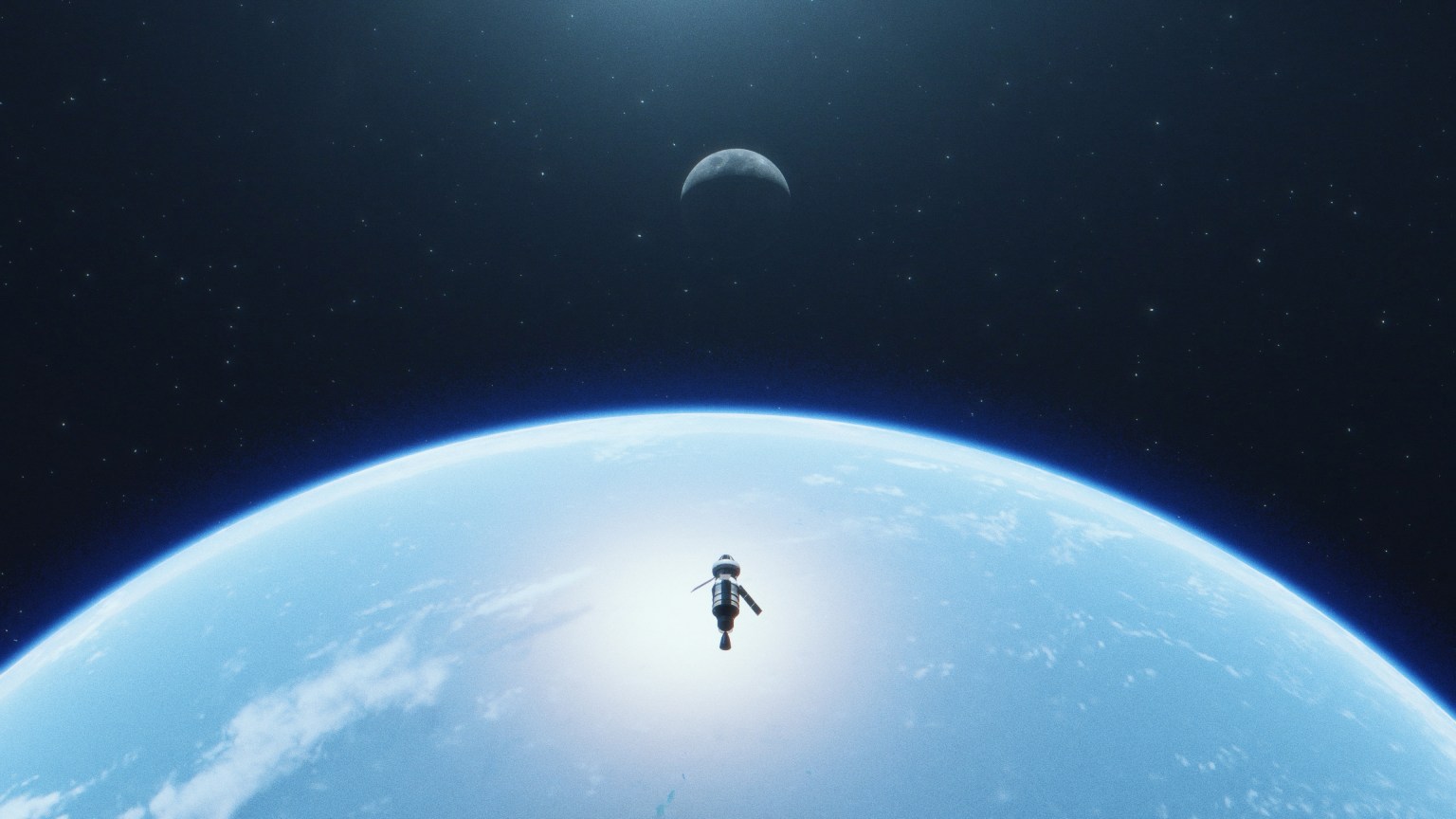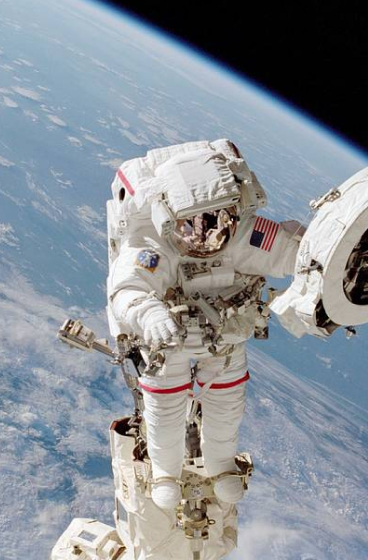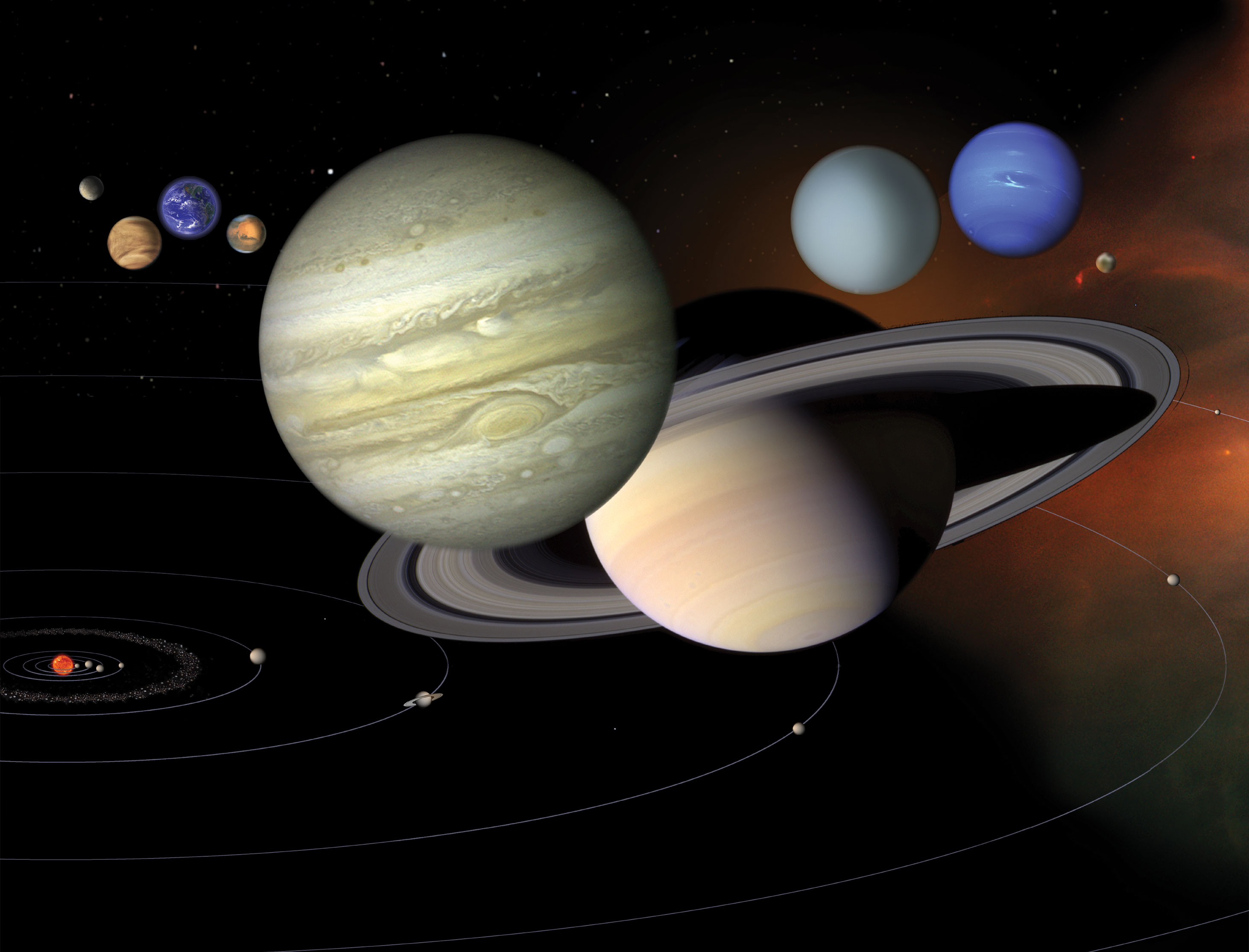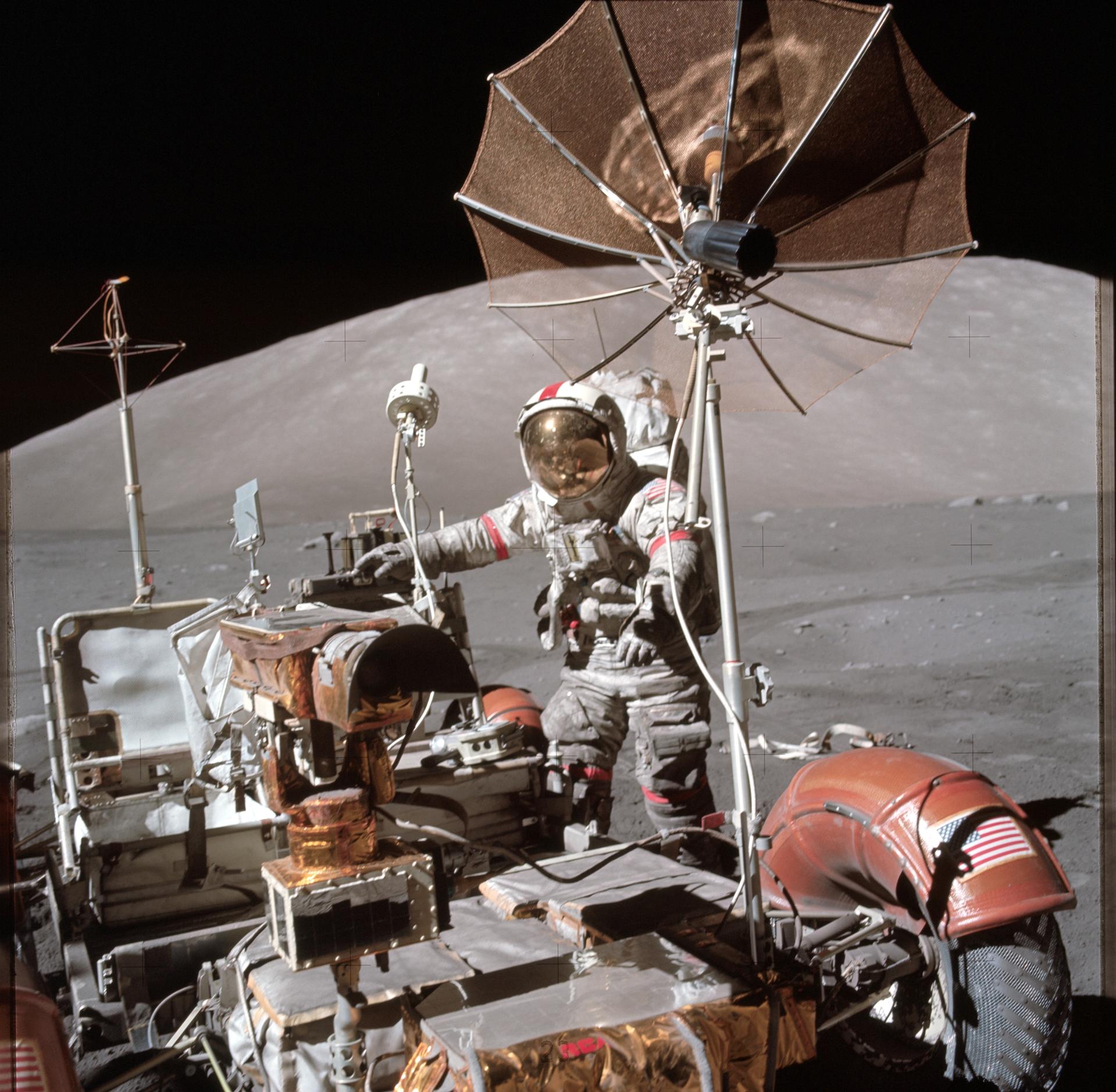Abused. Neglected. Abandoned. Terry Morris was dealt a horrible set of cards in life, but in his words, “you play your hand the best that you can.” And he sure did.
Now a prominent researcher with NASA’s System-Wide Safety project, Morris is living a life he never dreamed possible back when he was living on the streets eating from garbage cans.
Born in Chicago, Morris was subjected to adversity from a young age. As young as age four, he suffered a vicious cycle of physical abuse followed by being kicked out then let back home only for this cruelty to happen again. Finally, at just 13 years old, his biological family abandoned him hundreds of miles away in Mississippi on the side of the road.
Knowing nobody, young Terry slept wherever he could find refuge: in abandoned cars, among pigs in pastures, in fields with snakes. Eventually, the police found Morris and placed him in jail until they could find a boys’ home. After aging out of the group home, Morris became a ward of the court and bounced among foster families.
Though he lacked formal education for so many years prior, it became apparent that Morris was highly gifted. “When I was put back in school, I had a desire and thirst for knowledge and experience,” he recalled. He took advanced courses in high school while participating in sports, and additionally, was found to be exceptional in vocational education. He excelled in everything he tried: ability to recall 54 or more digits from memory, playing complex piano pieces without being able to read music, cross-country state champion, placing first in mathematical debates, carpentry contests and robotics competitions.
Three days after graduating high school in 1985, Morris started at NASA through the Cooperative Education Program with Mississippi State University. Almost four decades later, Morris is still with NASA. Currently, he serves as subproject manager for System-Wide Safety’s Complex Autonomous Systems Assurance (TC-4) at NASA’s Langley Research Center in Hampton, Virginia.
“There is a difference between a job and a career. When you do something that is meaningful to you, the time flies,” explained Morris. “Because you’re connected in such a meaningful way, you’re able to withstand the ups and downs that occur. I’m trying to make an impact on NASA programs for the future. At NASA, we are all part of doing something greater for society.”
Morris is passionate about embodying this outside of work through community involvement. He has served in volunteer leadership positions with many organizations, including the United Way of the Virginia Peninsula, Virginia Peninsula’s Foodbank, FEMA’s Emergency Food and Shelter Board, Virginia’s Rent Relief Program, and Virginia’s Department of Juvenile Services.
When asked how he manages so many responsibilities with work and community service, while also raising his teenage daughters, Morris said “When you’re doing something meaningful to you, you have more energy to do it. It’s not just a task, it’s something that adds meaning to your life and to others.”
Serving nonprofits that relate to his challenging childhood keeps Morris motivated. “That’s where the energy comes from,” he said. “Emergencies and disasters befall us all. I can see the hungry people who are not hungry anymore, the people who’ve been evicted who now have a home, the people who no longer worry about how to exist as a human being. That helps society overall.”
Morris’ passion for bettering communities relates closely to his work at NASA and preparing for the future, which includes the safe integration of autonomy-related technologies into our systems. “I really do believe that we’re going to see the transformation of our society,” said Morris. “Eventually, there will be some of us living on other planets. If we don’t treat each other well here on this planet, then we will just take all the problems with us from Earth to any other planet that we populate.”
Morris’s life started with challenges that might have kept him down, but instead inspired him to literally reach for the stars.
“You only have one life to live,” Morris concluded. “With mine, I’m really trying to help humanity, particularly, the least and most vulnerable amongst us.”

